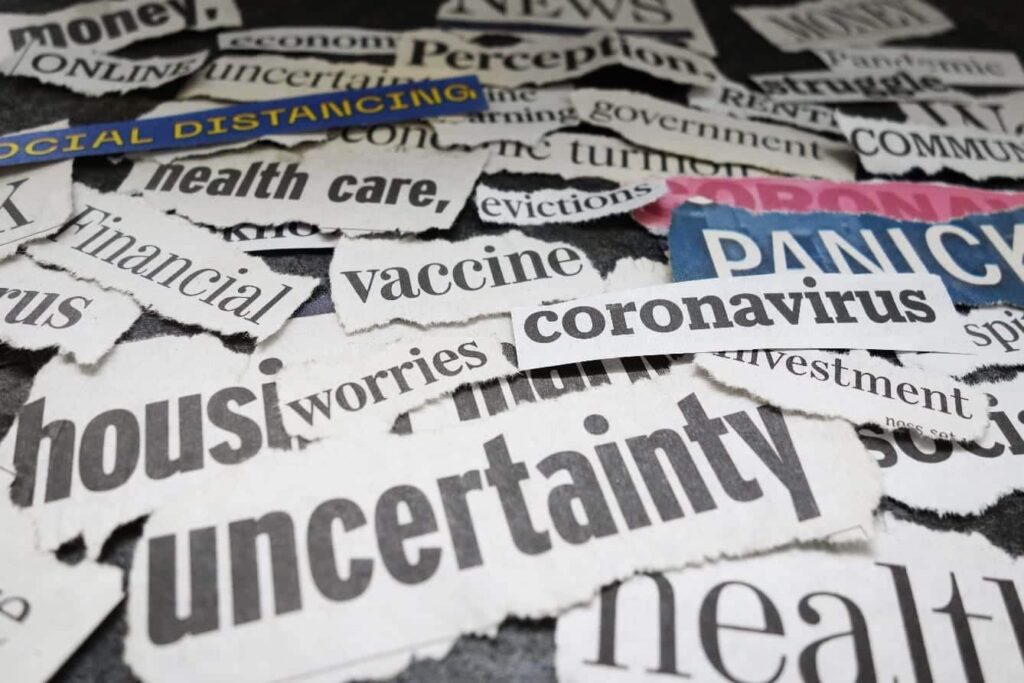The COVID-19 pandemic has brought uncertainty across many facets of life. Unemployment, financial concerns, health worries, stress, anxiety, and social isolation are just a few things that can make staying sober a challenge. You can reduce the risk of relapse by learning these coping skills for addiction.
Learn to Cope with Stress
Stress is unavoidable. There are many things you can’t control, but you can cope by:
- Acting on what you can control; if you’ve lost a job, search for work online or send out resumes. If the coronavirus has you worried, avoid crowds, wash your hands often, and check on family and friends and neighbors.
- Challenging your need for certainty by recognizing its advantages and disadvantages. Realize that no matter how much you try to control, you can’t be absolutely certain of anything—but don’t always assume a bad outcome is inevitable.
- Taking steps to address your stress and anxiety directly. Uncertainty can cause you to get lost in negative thoughts but, instead of worrying all the time, take steps to change your lifestyle, habits, and attitude.
Connect with a Support Group
Staying connected is important. If you’re not in contact with family or friends, connect with a support group. Your peers are going through the same thing, and you may end up providing mutual support and helping others. Online recovery communities have emerged as well. These let you connect with peers and addiction rehab specialists using video chat meetings, but there are forums, social media groups, and other platforms to find support as well.
Start a Routine
Isolation, fear, and boredom can take a toll on your recovery efforts. By creating a routine, your daily plan can instill a sense of control. Your schedule can include basic activities such as meals, work, a phone call, or a daily walk. Even a simple schedule can help you stay positive and motivated.
Maintain Proper Nutrition and Exercise
Eating healthily can improve your energy and mood, not to mention your health and immune system. Examples of healthy foods include fresh and frozen fruits and berries, leafy green and colorful vegetables, whole grains, legumes, nuts and seeds, and fish. Exercise is perhaps the most effective natural method of stress-and-anxiety relief. While moving is good, relaxation is also important, so try practicing yoga, meditation, or deep breathing.
Stay Productive
Staying busy can prevent you from relapsing. If you’re self-isolating, watch movies, read books, or play video games. Doing puzzles, viewing concerts online, or learning a new hobby can also be helpful. Use this time to learn new skills for future work or enjoyment. 
Identify Your Triggers
In order to break a pattern of substance use, you must identify the triggers for your behavior. It can be a thought, a time of day, a feeling, an event, or a person in your life. Changing your response to that trigger can help you avoid drinking or drug use, even if it takes a lot of thought and practice.
Enroll in an Addiction Recovery Program
Support groups, family therapy, outpatient rehab, inpatient programs, and other recovery programs can help you avoid substance use and build coping skills for addiction. At Apex Recovery, one of the most successful rehab centers in San Diego, we offer five levels of substance abuse treatment tailored to the needs of each patient. For help staying sober during the pandemic, call 877-798-4404 to get started.

